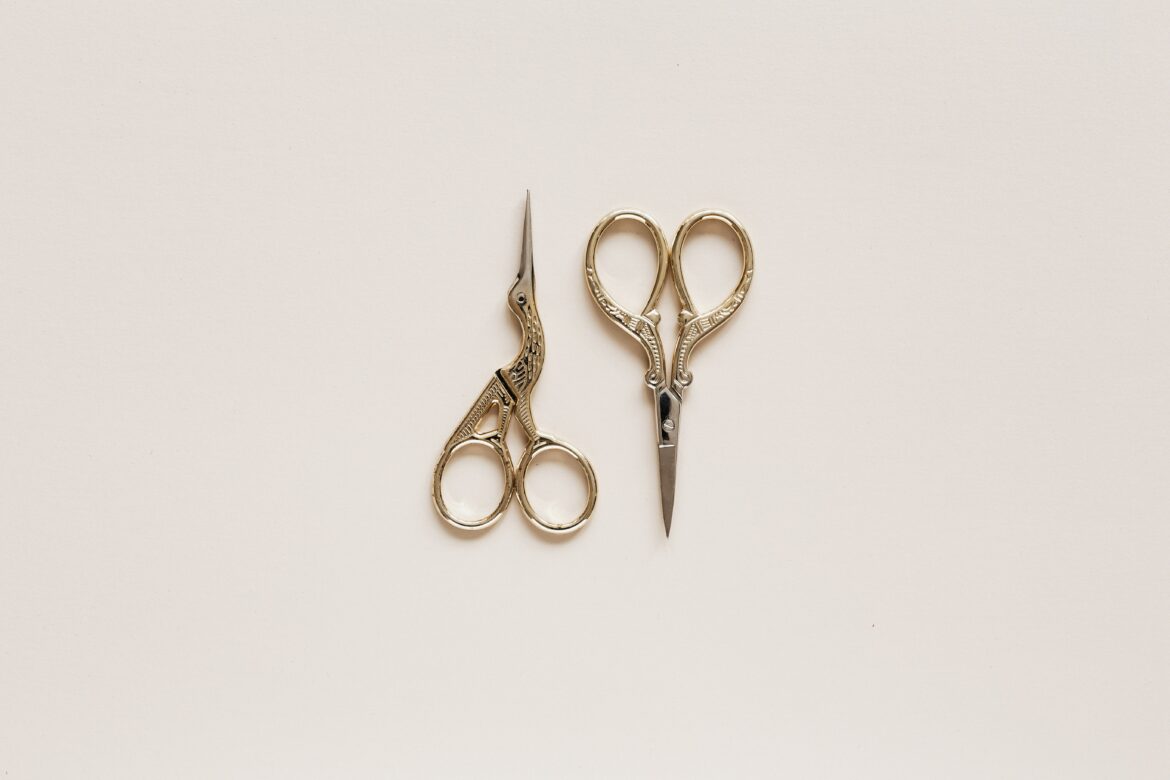As a researcher, one of the most common fears while submitting a research paper to a top journal is having it rejected. In 2019, the editors of Elsevier’s Journal of Hydrology (EJRH) rejected almost 70% of all submitted manuscripts (40% of these being desk rejections) 1. With such a large percentage of papers getting rejected, researchers need to ensure they’re putting their best foot forward. One thing researchers can and should do is ensure the language of the paper is refined and free of grammatical and word choice errors that could come in the way of getting your paper published. This article does a deep dive into one such example, explaining the difference between further and farther and how to use this correctly.
However, this may be easier said than done with English being a rather complex language, especially if it is not your first language. For instance, English has several words, further vs farther for example, that have similar spelling and pronunciation but have different meanings. This leads to confusion regarding the difference in these terms and how or when to use further and farther correctly.
Difference between further and farther
Use the word farther when you are referring to physical distance, for instance, if you run farther than your competitor. On the other hand, use further while referring to abstractions like ideas or thoughts.
To make out the difference between further and farther clearly, use further only for figurative distance – the distance that you don’t measure with a ruler but the one where you think further about something.
Understanding how and when to use further and farther
When to use Further
- Use further as an adverb to indicate an abstract distance2. When used as an adverb, further means “moreover” or “in addition to.” For example:
- Don’t go any further with the research until you have a clear understanding of the goal.
- The fear was that US and Russia would plunge further into conflict.
- Use further as an adjective to mean “more”, “going beyond”, “extended” or “additional”. For example:
- For further reading on the research, have a look at these journals.
- The politician’s speech raised further doubts about his candidature.
- Use further as a verb when you intend to mean “to help forward” or “promote”. For example:
- I furthered my knowledge in the field by reading the work of other researchers.
- Max gave a wonderful speech, furthering the hopes of the students and garnering a thunderous applause.
When to use Farther
- Farther is mostly used as an adverb to indicate that something is at a greater distance or at a more advanced point: For example:
- Which is farther from here, Berlin or Frankfurt?
- I should have ideally walked one mile farther today, but I was very tired.
- Farther can sometimes, also be used as an adjective to talk about something that is more remote: For example:
- The crux of the story is on the farther side of the book.
- The winds came from farther north than south.
Expert tip: Farther is slightly restrictive because it refers to physical distance. But if you are still confused as to when to use further and farther, remember that farther has the word “far” in it to help you remember the difference.
Farther vs further examples
Here are a few examples that will not only show you the difference between further and farther, it will also make you more comfortable with how and when to use these two terms.
- When it is summer in the Northern Hemisphere, the Earth is farther from the sun than it is in winter.
- Lea’s apartment is farther from the town than Jonas’s.
- Paula ran farther and quicker than rest of the competitors.
- You need to discuss the thesis further with an expert in your field.
- The chief guest refused to answer any further questions on the topic.
In conclusion
Often people believe that farther and further can be used interchangeably, but nothing could be further from the truth! Whenever you’re confused about when to use further and farther, remember that farther is used literally, and further is used figuratively.




